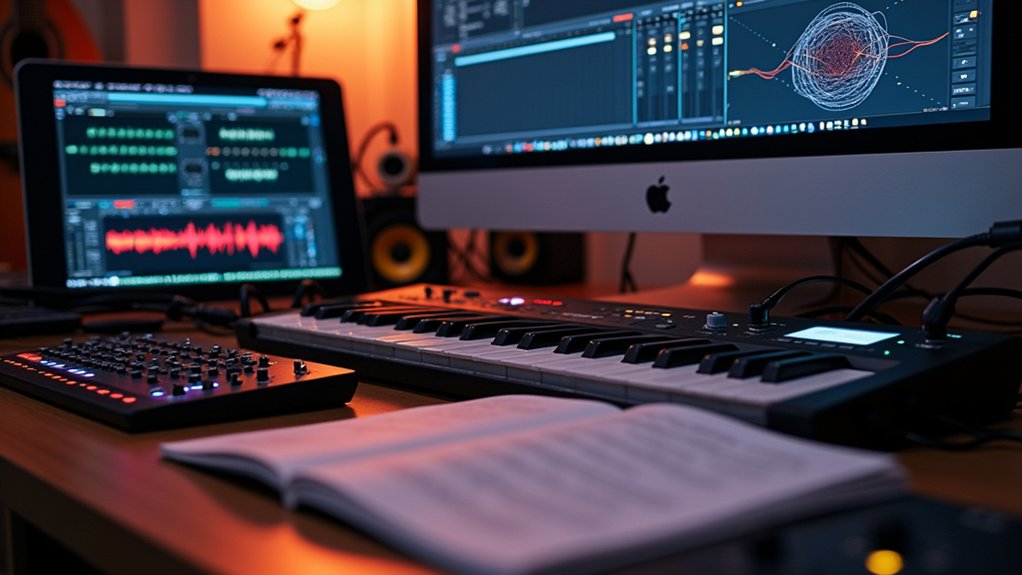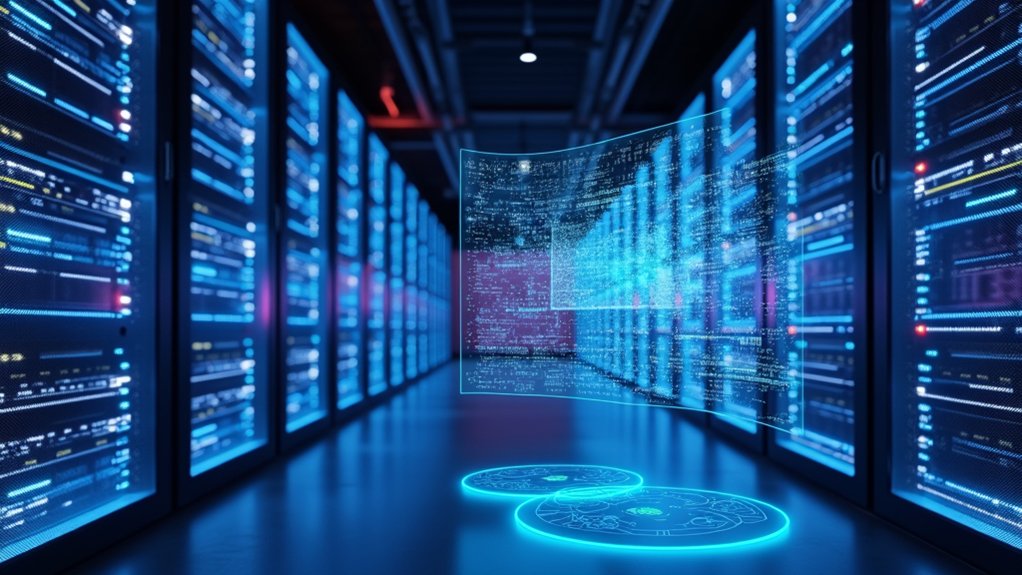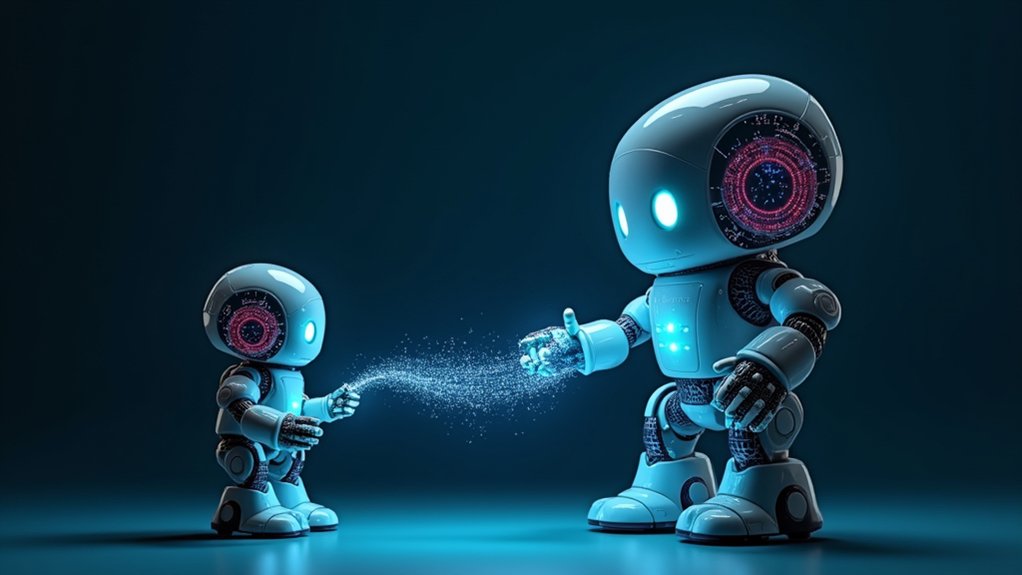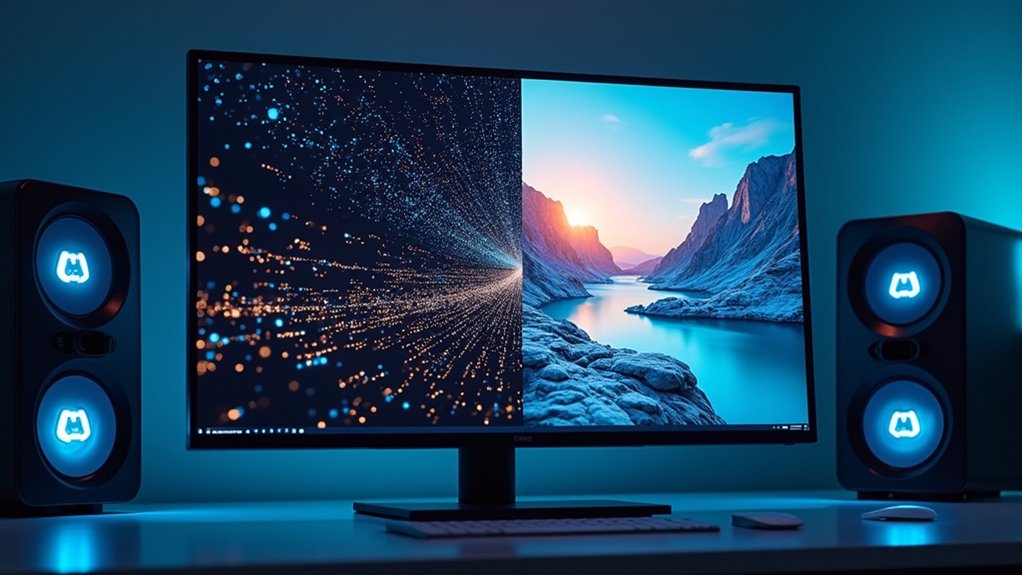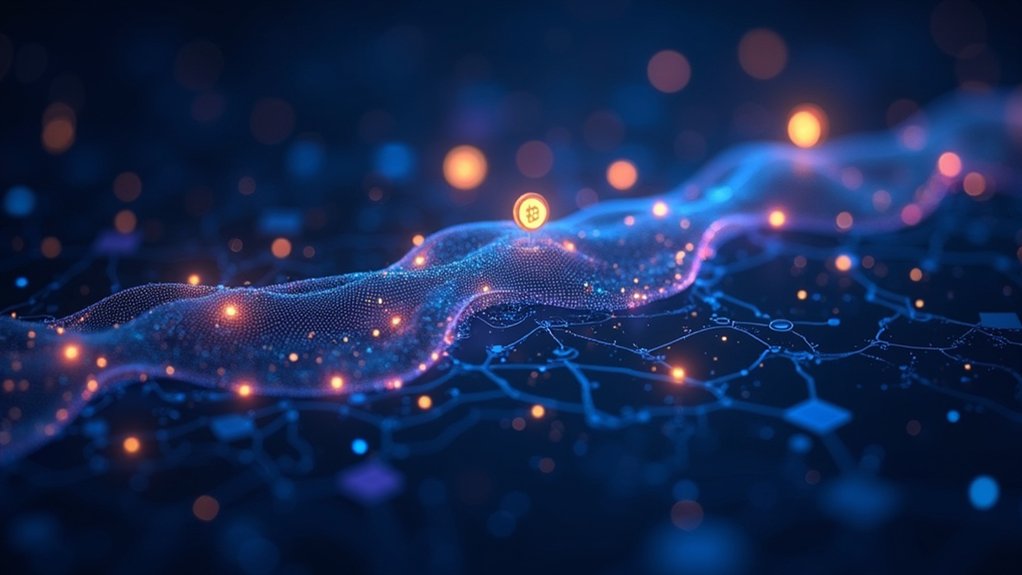AI music is created or assisted by artificial intelligence systems. It uses machine learning to analyze existing songs and generate new compositions or mimic styles. This technology powers streaming recommendations, helps with sound design, and makes music creation accessible to non-musicians. AI music faces challenges like copyright concerns and limitations in emotional expression. The technology continues to evolve with promising applications in various fields.
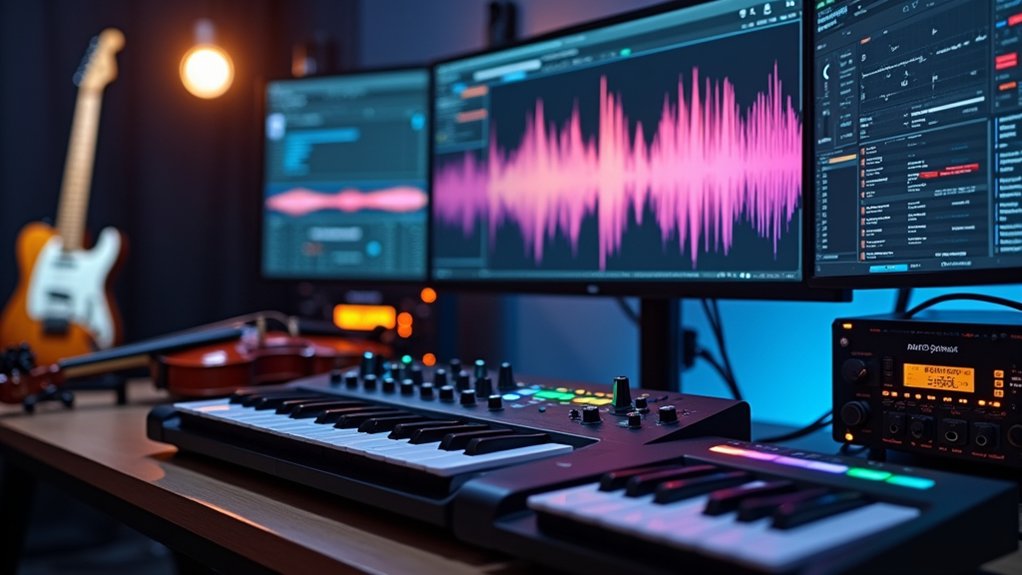
A revolution is happening in the music world, and it's being driven by computer algorithms. Artificial intelligence (AI) music refers to compositions created or assisted by AI systems. These systems use machine learning and neural networks to analyze vast amounts of musical data, enabling them to generate original pieces or mimic existing styles.
The technology behind AI music involves several advanced tools. Machine learning algorithms recognize patterns in music, while natural language processing helps generate lyrics. Audio processing manipulates sounds, and specialized networks like GANs and RNNs create new musical content. The creation process typically requires human input for refinement and feedback to enhance the final composition. All these elements work together to transform how music is made.
Today, AI music has many real-world uses. It creates automated compositions across different genres and powers the personalized playlists we enjoy on streaming platforms. It's also widely used in sound design for films and games. Music producers now use AI for mixing and mastering, and musicians can access AI-driven virtual instruments.
Content creators benefit from AI's ability to quickly generate royalty-free music. The technology allows exploration of new musical styles and makes music creation accessible to non-musicians. Production workflows become more efficient, and listeners can enjoy more personalized music experiences. Like other generative AI applications, music creation systems learn from vast datasets to recognize patterns and relationships that enable autonomous content creation.
However, AI music faces important challenges. There are ethical concerns about copyright and originality. Many worry about how it might affect human musicians' jobs. AI still struggles with emotional expression and understanding cultural context. The quality of AI music depends heavily on the training data used. The industry has seen controversial examples like "Heart On My Sleeve," which used cloned voices of famous artists without permission.
Several notable platforms lead the AI music field. Google's Magenta offers open-source tools, while AIVA and Amper Music provide customizable AI compositions. OpenAI's MuseNet creates multi-instrumental pieces, and their Jukebox system can generate vocals.
Looking ahead, AI music is likely to merge with virtual reality experiences and develop better emotional intelligence. We'll see more collaboration between AI and human musicians, applications in therapy, and increasingly sophisticated real-time music generation systems.
Frequently Asked Questions
Can Ai-Generated Music Be Copyrighted?
Currently, AI-generated music can't be copyrighted without human involvement. The U.S. Copyright Office requires human authorship for protection.
Purely AI-created works aren't eligible, but AI-assisted music may qualify if there's substantial human input. Copyright owners must disclose AI use when registering.
The law is evolving as technology advances. Human-AI collaborative works can receive protection if the human contribution is significant.
How Do Musicians Feel About AI Music Tools?
Musicians have mixed feelings about AI music tools. A majority (60%) use AI in their projects, while 28% refuse entirely.
Young artists tend to embrace these tools more readily. Many view AI as helpful for inspiration and time-consuming tasks.
However, concerns remain strong—95% want transparency about copyright use, 90% believe permission should be required, and 71% worry about threats to their livelihood.
Is AI Music Detectable or Distinguishable From Human Compositions?
AI music is becoming harder to distinguish from human compositions, but detection tools exist. Companies like Ircam Amplify and Deezer claim high accuracy rates in identifying AI-created tracks.
However, challenges persist as AI evolves. Currently, AI music often lacks subtle human elements like tempo variations, natural imperfections, and emotional nuance.
The industry is developing more sophisticated detection methods, including blockchain verification and standardized labeling systems.
Will AI Replace Human Musicians and Composers?
AI likely won't fully replace human musicians and composers. While AI can create music quickly and cheaply, it struggles with emotional depth and cultural context.
The future points to collaboration rather than replacement. AI tools help with technical tasks and idea generation, allowing humans to focus on creativity.
For generic background music, AI may reduce some jobs, but top-tier human musicians will remain valuable and irreplaceable.
What Ethical Concerns Surround Ai-Generated Music?
Ethical concerns around AI-generated music include unclear copyright ownership and potential infringement when AI systems use copyrighted works for training.
Musicians worry about job losses and income reduction if AI replaces human creativity.
There's also debate about transparency – whether listeners should know when music is AI-created.
Critics point to risks of musical homogenization and the possible devaluation of human artistic expression and cultural diversity.
